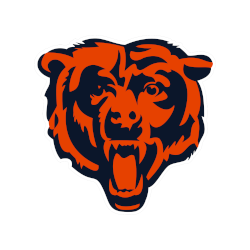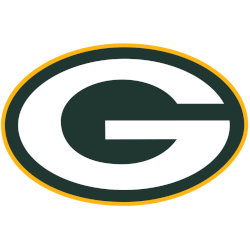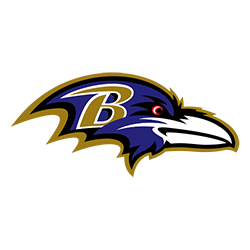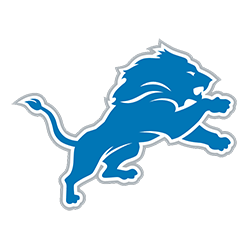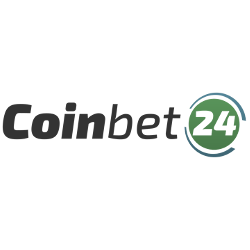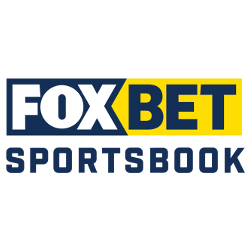US College Athletes and Staff Cleared to Bet on Professional Sports Under New NCAA Rule
The NCAA has formally authorized a change in policy that lets collegiate athletes and officials in the athletic department in the United States wager on professional sports. The decision comes after all three NCAA divisions gave their consent.
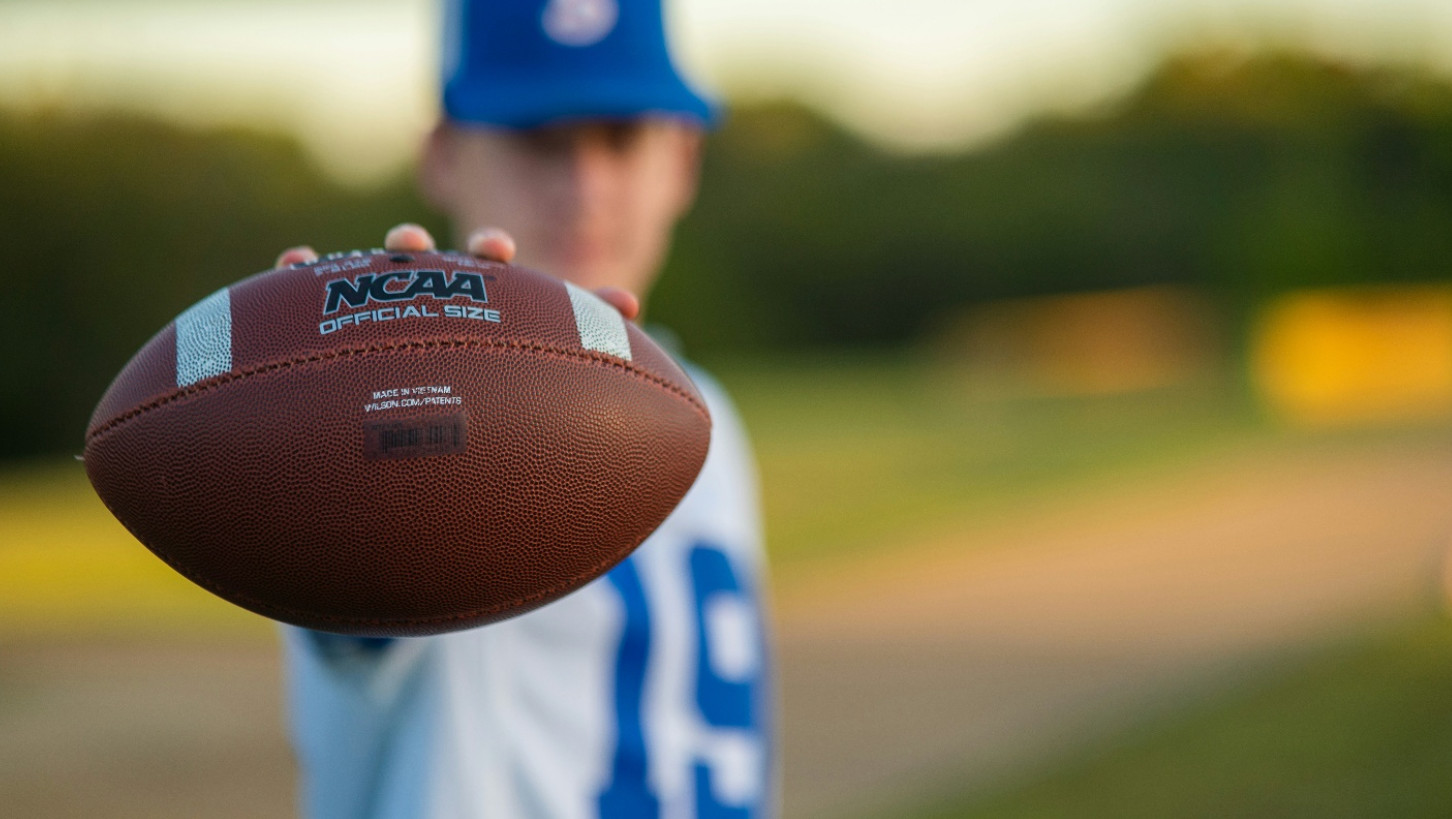
The NCAA (National Collegiate Athletic Association, the organization that regulates student athletics across 1,000+ schools in the US) has announced a landmark rule change that will permit student-athletes and athletic-department staff to place bets on professional sports. The decision follows unanimous approval across all three subdivisions of the association: Division I first, and Divisions II and III a bit later. The new policy becomes effective at the beginning of November.
According to the NCAA, this move “recognises the realities of today’s sports environment without compromising our commitment to protecting the integrity of college competition or the well-being of student-athletes.”
What Change Allows — and What It Doesn’t
Under the new regulation, student-athletes and athletic-department staff may now wager on professional sports. However, the long-standing prohibition remains in place: wagering on college sports, or assisting others via inside information about college competitions, is strictly banned. The NCAA will continue to reject sponsorships or advertising from sports-betting firms in connection with its championships.
This delineation aims to separate professional sports betting (now permissible) from college sports betting (still forbidden) to safeguard the integrity of collegiate competition. It also emphasizes that while individuals may engage in betting, the institutions themselves must still steer clear of direct sponsorships or promotions of betting entities — including those among the listed college betting sites that focus on collegiate markets.
Why NCAA Changed Course
There are several motivations behind this shift:
- Evolving environment: The proliferation of legalised sports betting and increased visibility of professional sports wagering made the previous blanket ban increasingly difficult to enforce. The NCAA acknowledged this in its decision.
- Integrity and enforcement concerns: The organisation has seen a rise in investigations into betting-related violations in college sports. For example, this year, a handful of male basketball players at Fresno State Bulldogs and San Jose State Spartans were banned for gambling on their own games.
- Strategic realignment: By legalising professional sports betting for its constituents while keeping firm the prohibition on college-sports wagering, the NCAA is attempting to strike a balance: recognising market realities while still protecting the core principle of fair competition.
Implications for Student-Athletes & Staff
For student-athletes, this change opens the door to engaging legally in the professional-sports betting ecosystem — something that was previously off-limits. Yet, they must remain vigilant: any wagering on collegiate events or participation in insider trading can still trigger serious disciplinary consequences.
For athletic-department staff, the same opportunities apply — but with perhaps even greater scrutiny, given their access to sensitive information and influence. The NCAA’s enforcement arm has stressed that violations will be pursued “quickly but thoroughly.”
For universities and administrators, there will be a heightened need for education and compliance programmes. Institutions must ensure that staff and student-athletes understand the fine-line distinctions (professional vs collegiate sports; permissible vs impermissible behaviour) and that the discipline for stepping over that line remains severe.
Broader Industry & Marketing Considerations
From a content-marketing and sports-business vantage point, this policy shift is rich with angles:
- Sponsorship and branding: Although the NCAA continues to prohibit betting-company ads or sponsorships in championship contexts, the more permissive climate around professional-sports betting suggests increased advertising and partnership opportunities elsewhere in the collegiate-sports ecosystem.
- Content strategy: For guest-post marketers (like you, Milos), new streams emerge — commentary on how student-athletes might engage with betting markets, the ethical and regulatory implications, institutional risk-management strategies, and the player-welfare angle tied to “gambling culture.”
- Global perspective: As legalised sports betting expands internationally, this move by the NCAA may influence federations and universities in other countries to revisit their policies — a good story for multilingual outreach across Dutch, German, French, and Spanish-speaking markets.
- SEO opportunities: Keywords like “college athletes professional sports betting,” “NCAA betting rule change,” “student-athlete wagering regulations” will likely see increased traction. Embedding strategic anchors, if relevant to your content, alongside reputable sources, can elevate your outreach value.
Potential Risks and Watch-Points
While this change opens new avenues, there are caveats to track:
- Integrity risk remains: Betting on professional sports can still impact the ecosystem — for example, by influencing perceptions of athletes, staff behaviour, or insider-access concerns.
- Education gap: Student-athletes and staff must get clear briefings to avoid inadvertently violating rules (e.g., receiving gifts or being incentivised to share insights).
- Compliance enforcement: The NCAA is maintaining strong oversight; violations of the collegiate-sports ban continue to carry heavy sanctions.
- Public perception: Some stakeholders may view the policy shift as lowering the ethical bar for college sports, leading to reputational risk for institutions that mishandle betting oversight.
Final Word: Calculated Move
In sum, the NCAA’s new rule marks a calculated recognition of the changing landscape of sports betting. It differentiates between professional-sports wagering (now permitted) and college-sports wagering (still tightly controlled), aiming to preserve the integrity of collegiate competition while acknowledging the betting market’s reality.
For content creators, marketers, and institutions alike, it opens fresh narrative veins — and underscores the continuing importance of clear policy, education, and communication around betting and athlete welfare.
FAQ
More tips on American football

Toronto Argonauts
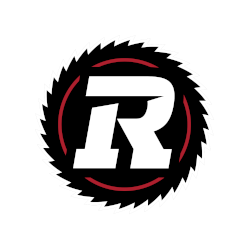
Ottawa Redblacks

Seattle Seahawks

Minnesota Vikings

Buffalo Bills

